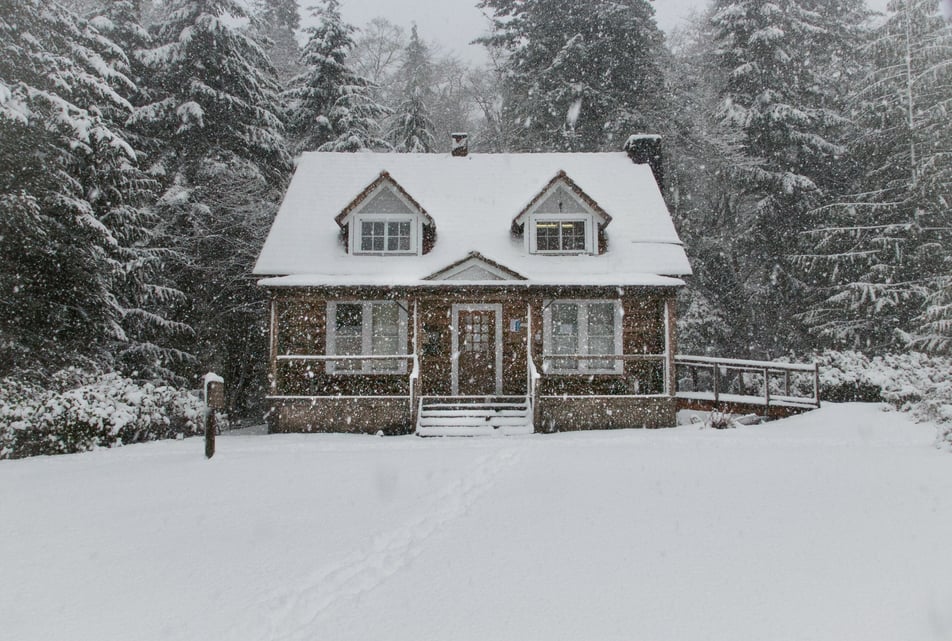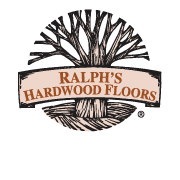
Even after an installation or refinishing job is complete, Ralph’s relationship with our customers continues. Our goal is to make our customers more-than-satisfied during the job and for the many years they’ll be living on their new hardwood flooring. That’s why we eagerly give our customers advice on how to take care of their hardwood floors.
This time of year, when Wisconsin is deep in the season of cold and snow, one question we often get is: “Is there anything I need to do to protect my hardwood floors during our harsh winters?”
Our answer is that a Wisconsin winter and hardwood floors will get along just fine … if you keep in mind two things:
1.Changes in humidity will cause the floor to change
When it gets cold outside, we turn on the heat to keep our homes warm, and the heat will cause the humidity to drop inside the house. Wood is a natural product, and the boards in your hardwood floors will shrink as they start to lose moisture. On all situations, with solid floors, the shrinking will cause hairline gaps between planks. (During the summer months, humidity levels will rise, and the floor will pick up that moisture and expand, dissipating the hairline gaps).
Engineered flooring (a wood surface with a plywood backing) is also impacted by moisture, even though most engineered floors are designed to not shrink and expand as much as solid floors. However, if the moisture levels drop too low, the wood surface can split or delaminate from the plywood below.
Solid wood floors perform best when the humidity level in your home is between 30-50%, and engineered floors are best between 35-55%.
To keep moisture in your home, Ralph’s recommends a humidifier be installed on your furnace to maintain a higher humidity during the winter. (Taking showers and boiling water also help with humidity. However, if you have a large home, this will not be enough moisture to maintain a good level.)
2.Salt, snow and mud can harm your hardwood floors.
The salt used to combat snow can scratch your hardwood floors, and so can the dirt in snow and mud. The water in snow and mud also isn’t good for floors if it isn’t removed. So, it’s important to clean any trace of the winter elements if they get inside.
Consider using rugs on your floors at all entranceways into your home (even if they don’t enter into a room with hardwood floors), as well as mats outside each entranceway. And encourage everyone to wipe their feet!
If you find it difficult to remove the salt from your floors, a mixture of vinegar and water, or of a mild detergent and water, will help remove the salt. But check with us first because not all floors are suitable to clean with these solutions.
It’s really that simple. Don’t let the humidity levels in your home drop too low and keep the winter muck off your floors, and your hardwood floors will have no trouble making it through a Wisconsin winter with no damage.















